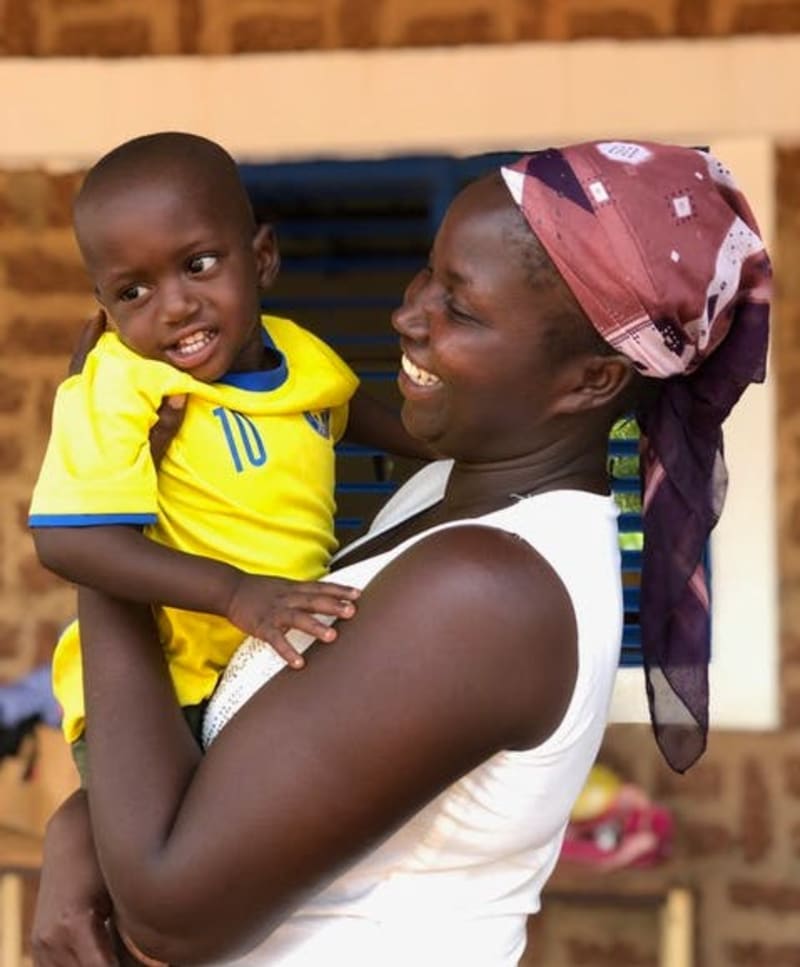
Report from our Intern Angela
We find it a privilege to host interns, to share knowledge about our work, but also to get new perspectives and insights from the students. I believe that the strength of working in a small organization, means that trainees get a deep insight into the projects, as all parts from planning, implementation and evaluation become available. This also means that the trainees really can contribute and make a difference.
I secured my official internship with Yennenga Progress in Stockholm, Sweden. Yennenga works to further all the SDGs (except SDG 14 as a landlocked country) in the village of Nakamtenga in Burkina Faso. Over the last twenty years, Nakamtenga has been transformed into a micro-welfare society in a country with a more or less absent welfare system (3). Yennenga focuses on building capacity in the areas of health, education, and infrastructure (4).
Yennenga’s initial project, in 2001, was the construction of a pre-school (SDG 4.2). An elementary and secondary school have since been built and staffed (SDG 4.1). Potable water sources and waste management have been established (SDG 6.1, 12.4 and 12.5). Food insecurity is being addressed by developing climate-change resistant agricultural practices (SDG 2.1 and 2.4). Family residences are being outfitted with basic solar kits (SDG 7.1 and 7.2) (3). A medical center has been established with maternal, sexual and reproductive services (SDG 3.1, 3.2, and 3.7), and support for women have experienced FGM (SDG 5.3). A citizen’s advice office provides information on human rights (SDG 5.1), local democratic processes (SDG 5.5, 16.6, and 16.7), and birth registration (SDG 16.9). Small business development, including a small restaurant and bicycle repair shop, re-invests profits into village welfare (SDG 1.1, 1.2, and 10.1) (4).
Yennenga’s approach is unique to the aid sector. While, Yennenga invites corporate and personal donations, their main source of currency is human capacity woven into a Competence Network. Professionals in diverse sectors donate their skill and expertise in Sweden and Nakamtenga (4). Yennenga also accepts donations of goods of value, such as used high-end restaurant equipment, as a manufacturing industry does not exist in Burkina Faso (3).
The current objective is to develop The Yennenga Program, a set of social and infrastructure blueprints to empower nearby villages to undertake their own community development. This comprehensive template will be delivered on an e-learning platform, along with a local and remote mentorship program. Protocols will be written for the engineers, managers, and service users, and the general public (5).
Under the supervision of the Secretary-General, the only employee at the Swedish office, I created e-learning on antibiotic resistance, drug safety, and infection prevention using the Learnster platform. I translated organizational materials and media communications into English.
I reviewed a previous study on the adaption of Performance Management Systems to the aid sector and the selection of the Key Performance Indicators in the resource limited setting. I cross-referenced with Yennenga’s projects with the Sustainable Development Indicators and reliable data sources, such as the UNICEF State of the Children’s Report, with the goal to recommend the best health indicators for internal and external evaluation.
“Before Enlightenment chop wood, carry water. After enlightenment chop wood, carry water.”